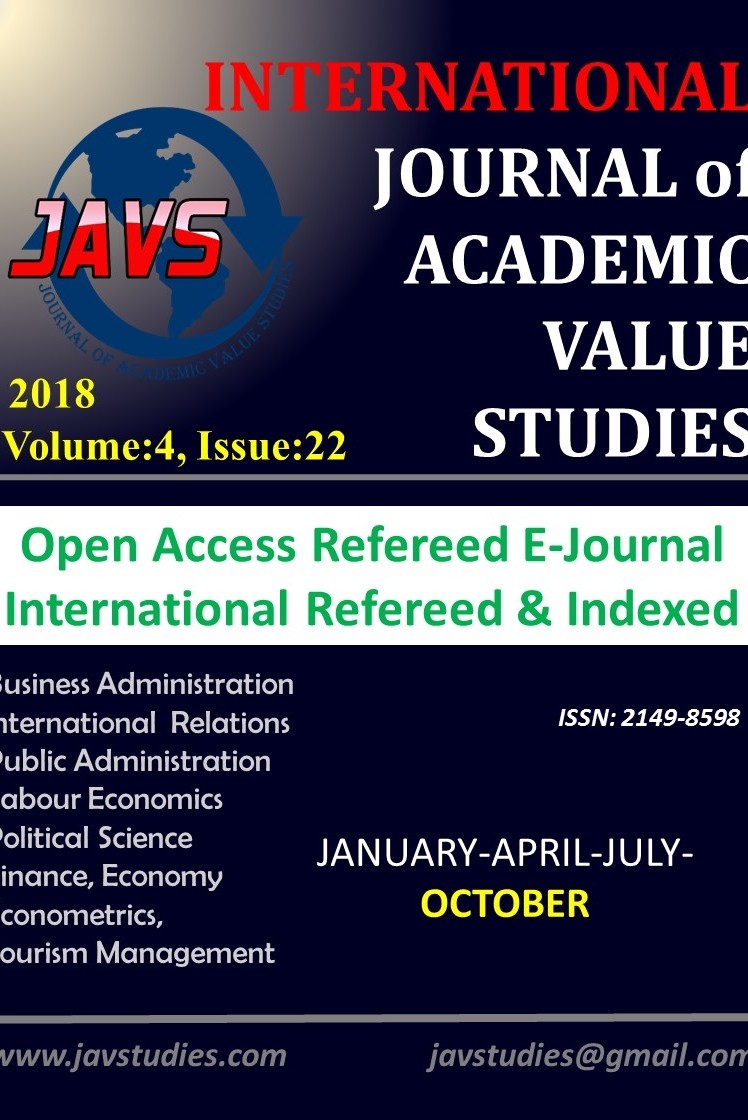AB’nin Kurumsal ve Yasal/Hukuki Açıdan Terörle Mücadele Politikaları
11 Eylül olaylarından sonra Avrupa güvenlik ajandasının en üst köşesine terörle mücadeleyi koymuştur ve 2004 Madrid ve 2005 Londra saldırılarıyla uluslararası terörün yeni bir biçimiyle yüzleşmiştir. O günden sonra Avrupa Birliği terör tehdide karşı 4 ana amacı/aracı benimsedi: prevent (önleme), protect (koruma), pursue (takip etme/izleme) ve respond (karşılık verme). Ayrıca Birlik kurumsal ve hukuki bir taslak oluşturdu. Terörle mücadele de AB kurumlarının yetkileri arttırıldı. Terörle mücadele AB’nin en önemli kurumları olarak Avrupa Komisyonu, Europol ve Eurojust ortaya çıkmaktadır. Bir yandan terörle mücadelede olumlu sonuçlar alınırken diğer yandan ise koordinasyon eksikliği, bilgi paylaşımındaki aksaklıkları ayrıca istihbarat ve yargısal işbirliğinin istenilen düzeyde gerçekleşmemesi işleri zorlaştırmaktadır. Terörist gruplarının yeniden tanımlanması ve bunun AB ülkeleri için ortak tanım olarak kabul edilmesi, Avrupa Tutuklama Müzekkeresinin kabulü ve biyometrik fotoların pasaportlarda kullanılmasıyla terörle mücadele AB’nin önünü açmaktadır. Adı geçen Müzekkere ve biyometrik fotolar AB’nin terörle mücadelesinde elini güçlendirmekte ve başarılı sonuçlar almasına katkıda bulunmaktadır. Fakat diğer taraftan da terörle mücadele ederken insan hakları ve özgürlükleri konusunda bir takım endişelere neden olmaktadır. Bu çalışmada, AB’nin terörle mücadelesini hem hukuki hem de kurumsal açıdan ele alarak değerlendirme yapılacak ve terörle mücadele ederken AB’nin yetersizlikleri ve eksiklikleri dile getirilecektir.
Anahtar Kelimeler:
Avrupa Birliği, 11 Eylül, Terörizm, Terörle Mücadele
The EU’s Institutional And Legal/Judicial Counter-Terrorism Policies
Policies Abstract Europe put counter-terrorism at the top of its agenda after the events of September 11 and faced a new face of international terrorism with 2004 Madrid and 2005 London attacks. After that day, the European Union adopted 4 main pillars: prevent, protect, pursue and respond. Moreover, the Union established a institutional and judicial draft. The authority of EU institutions in counter-terrorism was increased. The European Commission, Europol and Eurojust stand as the most important institutions of the EU in counter-terrorism. While positive results are being taken in counter-terrorism, on the other hand, lack of coordination, problems in information sharing, and the problem that cooperation in intelligence and judiciary issues is not on the desired level, make their job difficult. By re-defining terrorist groups and acceptance of this as the common definition for EU countries, ratification of the European Arrest Warrant, and usage of biometric photos in passports counter-terrorism clears the way for the EU. The Warrant in question and biometric photos make the EU stronger in counter-terrorism and contribute to its successful outcomes. On the other hand, these lead to a set of concerns about human rights and freedoms while fighting terrorism. In this study, the EU’s counter-terrorism measures will be discussed in both institutional and legal sense, and the EU’s shortcomings and incompetence in counter-terrorism will be reviewed.
Keywords:
European Union, September 11, Terrorism, Counter-Terrorism,
- Başlangıç: 2015
- Yayıncı: Ömer Okan FETTAHLIOĞLU
Sayıdaki Diğer Makaleler
AB’nin Kurumsal ve Yasal/Hukuki Açıdan Terörle Mücadele Politikaları
Duygusal Zekanın İş Tatminine Etkisi: Örgütsel Bağlılığın Aracılık Rolü
Canan Gamze BAL, Necmettin GÜL
Avrupa Birliği’nin Filistin’deki Kriz Yönetim Misyonları
Harun BAL, Banu TANRIÖVER, Esma ERDOĞAN
İşletmelerde Marka ve Marka Stratejileri
İşletme Bölümü Öğrencilerinin Üretim Yönetimi Derslerine İlişkin Beklenti ve Memnuniyet Analizi
Türkiye-AB İlişkileri ve Türkiye’deki İktidar Partilerinin AB’ye Bakışı: 1990-2000 Dönemi
